How Hypnotherapy Works
Whether you’re struggling with anxiety, depression, fears, phobias, negative habits and thinking or feelings of not being good enough, self-criticism, fear of rejection or imposter syndrome - there is help for you here. Hypnotherapy is a powerful tool helping people all over the world right now. Are you next?
How Long Does It Take For Hypnotherapy to Work?

How Much Does A Hypnotherapy Session Cost In The Uk?
How much does hypnotherapy cost in the UK? Delve into this guide that will take you through all the things you need to consider when looking for a hypnotherapist.

Trusted Hypnotherapy Reviews in London: Why My Clients Choose Me
Welcome to your guide to trusted hypnotherapy reviews in London. Make sure you make the right choice when choosing your hypnotherapist in London by reading client success stories and testimonials.

Find Your Ideal Hypnotherapist in London
Your perfect guide to finding hypnotherapy in London and the perfect hypnotherapist for your goals, dreams and visions. Wether you’re looking to overcome anxiety, beat depression, or achieve more success in love or work, click to read this guide.
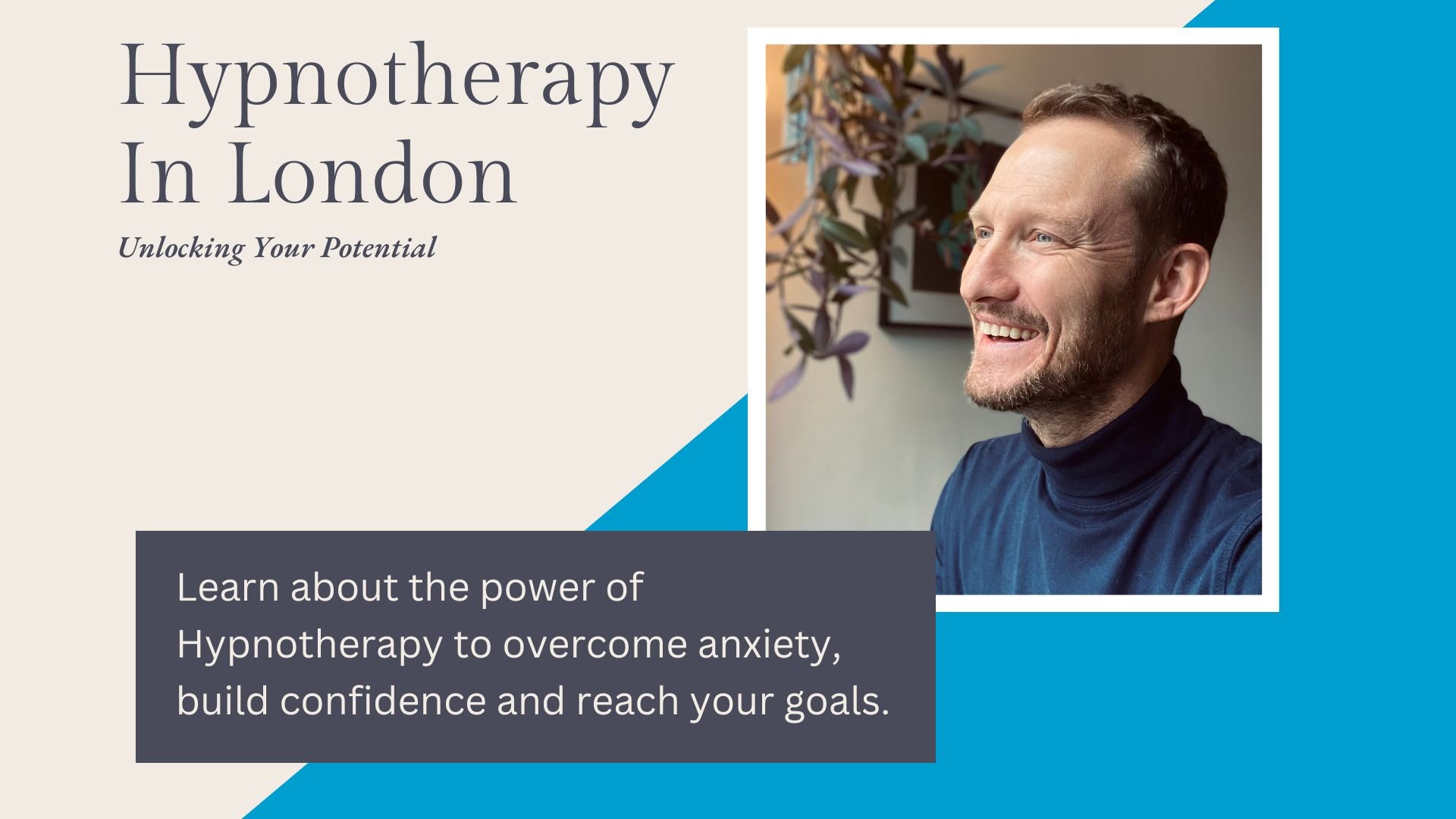
Hypnotherapy In London: Unlocking Your Potential
Discover how Hypnotherapy in London can help you break through mental barriers, allowing you to unlock your true potential and embrace the life and career you deserve.

7 Tips for Overcoming Stage Fright
Do you experience a racing heart, sweaty palms, shortness of breath when performing? Do you experience racing thoughts, feel not good enough, feel the fear of rejection? Do you constantly leave auditions, performances and public performances frustrated because you know you didn’t show your best when and where it mattered?

How To Deal With Performance Anxiety
Performance anxiety, nerves and stage fright is a common issue for many performers. Whether it’s a big auditions or a live performance, the symptoms of performance anxiety—such as a racing heart, sweaty palms, or trembling—can affect even the most seasoned professionals.

How To Deal With Stage Fright
Stage fright, also known as performance anxiety, is a form of stress related anxiety that can affect singers, actors, dancer, musicians and public facing people. Whether you’re preparing for an audition, a theatre performance, filming for film or tv, a recording studio session or a public appearance, the physical symptoms such as a racing heart, shortness of breath, racing mind and sweaty palms can feel overwhelming. Not to mention the beliefs such as “I’m not good enough”, the fear of rejection, perfectionism and the inner critic. The good news is, there are ways to manage and even totally overcome stage fright…

How Hypnotherapy Can Help Performers prepare for Auditions
Auditions are the lifeblood of a performer’s career. Whether you're an actor, singer, dancer, or musician, that moment in front of the casting directors or producers can feel like everything you’ve worked for boils down to those few minutes. The stakes are high, the pressure is real and the desire to succeed runs deep. In my experience as a Rapid Transformational Hypnotherapy working with high-achieving artists over the last ten years, I’ve seen that even the most talented performers can feel crippled by nerves, self-doubt, or a lingering fear of not being good enough. Sound familiar? Read on to get the help you need…

Hypnotherapy for Singers
For singers, the stage is a place where raw emotion and skill come together to create an unforgettable and thrilling experience. Yet, even the most talented vocalists often face inner struggles that hold them back from reaching their full potential. Discover how hypnotherapy can help you…

Overcoming Imposter Syndrome FOR PERFORMERS
If you’re a performer, there’s a good chance you’ve felt it—that little voice inside your head that says, “I don’t belong here.” You might be about to step on stage, stand in front of the camera, or perform a piece of music, and suddenly, doubt creeps in. “I’m a fraud,” it whispers. “They’re all going to realise I’m not good enough.” This is the essence of imposter syndrome, and if you’re nodding along right now, know that you’re not alone. Read on for the help you’re looking for…

7 Celebrities Who Used Hypnotherapy
In this article, we’ll explore seven well-known celebrities who have used hypnotherapy to boost their self-confidence, and how it helped them achieve greater success in their respective fields.

Hypnotherapy for Actors & Performers
For professional actors, the stage or screen is a place of creativity and self-expression. However, for many performers, it can also be a source of overwhelming anxiety, fear and self-doubt. The demands of live performance, auditions or the pressure to succeed often lead to nerves, performance anxiety, or even stage fright as well a lack of self-confidence, worthiness issues and imposter syndrome.
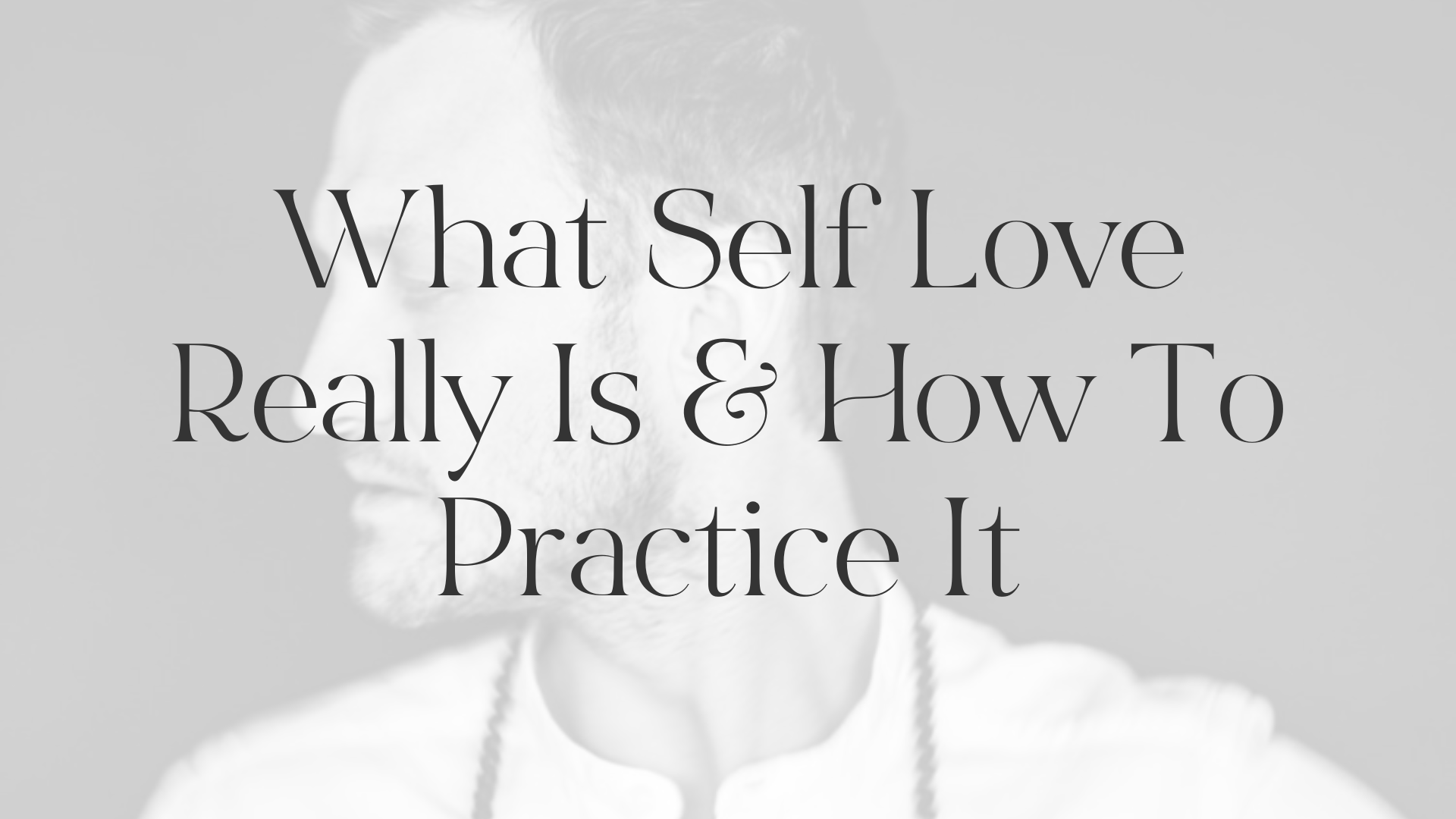
What self love really is and how to practice it
What is self-love? How can you practice self-love? What does self-love feel like? And is self-love not? In this article Rapid Transformational Hypnotherapist Gary Albert dives into the nuances, the spiritual practice and the depths of what self-love is, what self-love looks like, what self-love feels like and how to do it…

Hypnosis For Trauma Recovery: How Hypnotherapy Can Help You Heal From Trauma
In a world where stress, anxiety, and trauma have become all too common, finding effective methods for healing and recovery is crucial. One such method that has gained significant attention in recent years is hypnotherapy. Through the power of hypnosis, individuals are discovering a unique and transformative way to address trauma and promote healing…
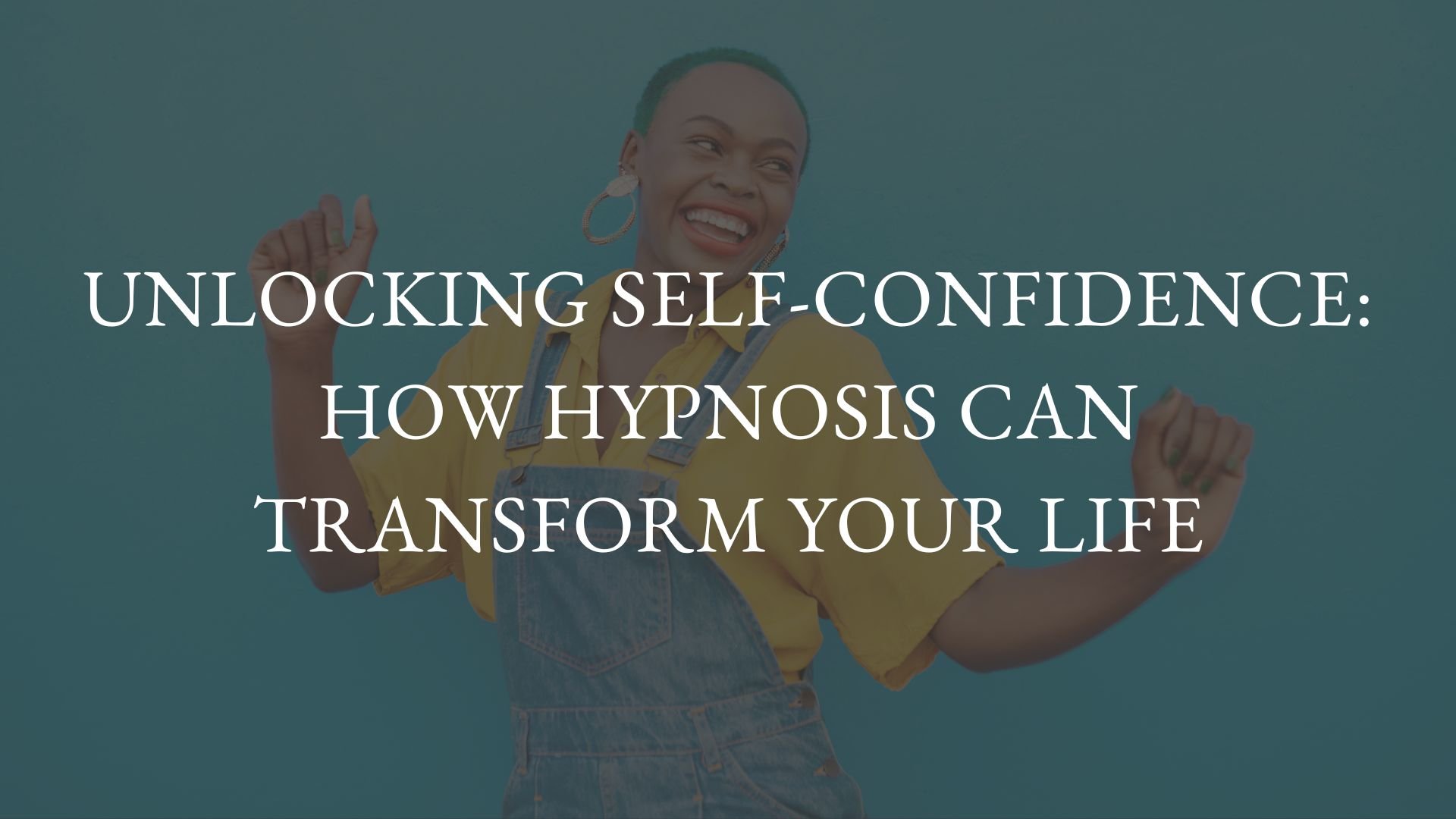
Unlocking Self-Confidence: How Hypnosis Can Transform Your Life
Learn about the powerful and transformative power of hypnosis to unlock your confidence, self-belief and inner power.
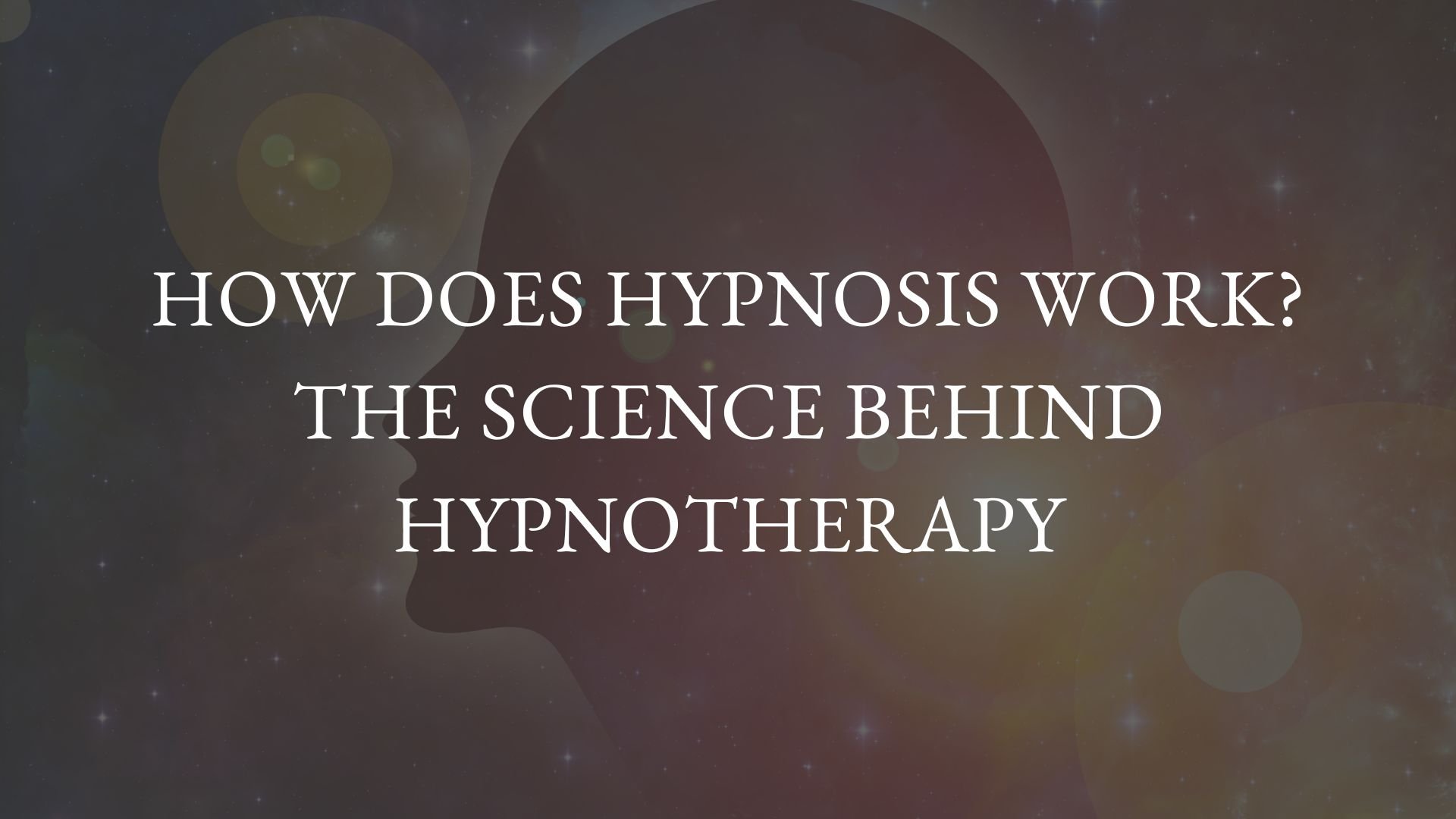
How Does Hypnosis Work? The Science Behind Hypnotherapy
Unlock the hidden potential of your mind and tap into the power of hypnosis. If you have ever wondered how this age-old practice works to rewire the subconscious mind, this article is for you.

Discovering Inner Strength: How Hypnotherapy in Hackney Can Help
Discover your inner strength with Hypnotherapy in Hackney. Gary Albert, The Hackney Hypnotherapist, uses Rapid Transformational Hypnotherapy for faster and more permanent results.
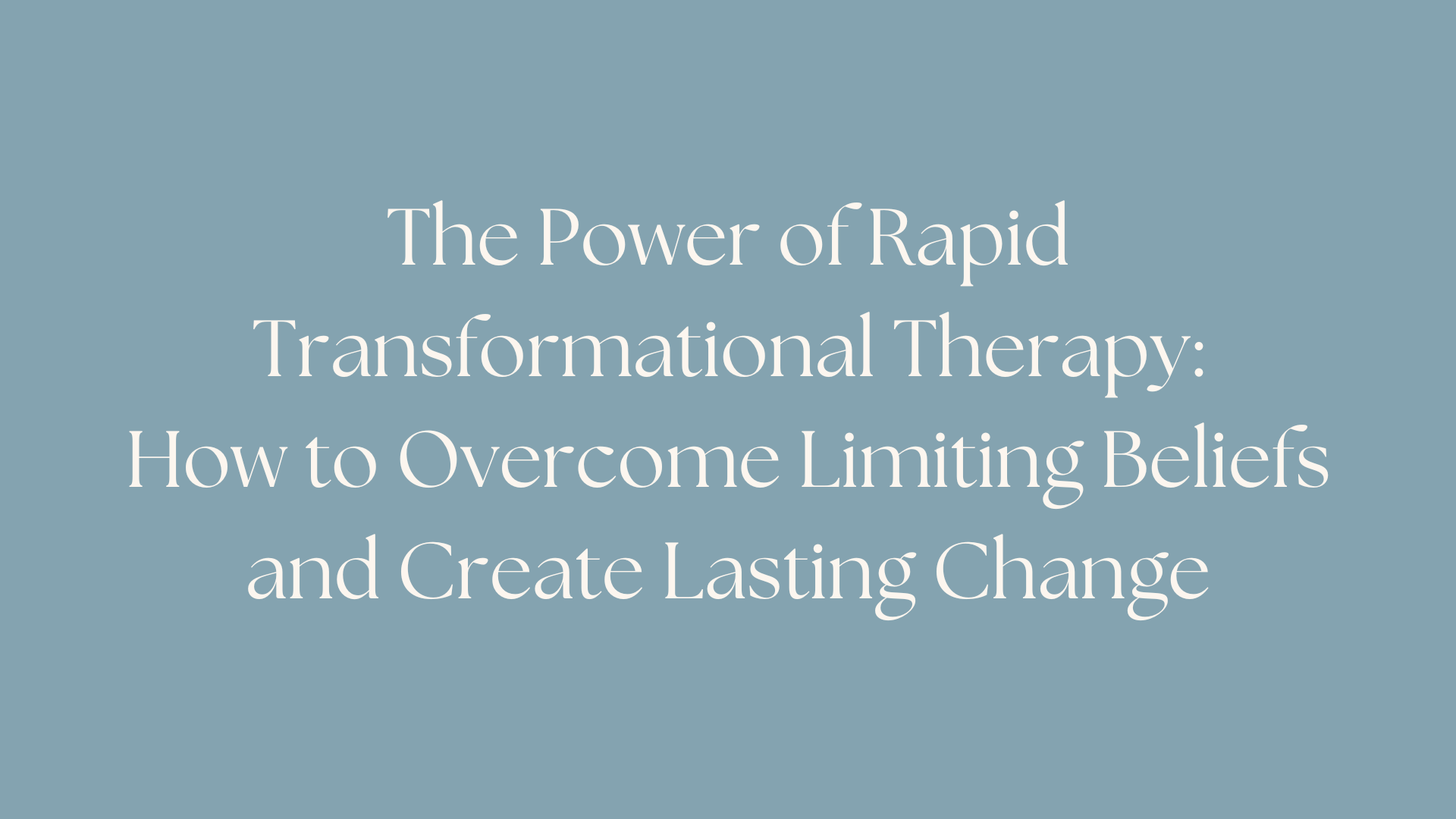
The Power of Rapid Transformational Therapy: How to Overcome Limiting Beliefs and Create Lasting Change
Rapid Transformational Therapy (RTT) is a cutting-edge therapeutic approach to transformation and healing. It has gained popularity for its ability to bring about rapid and lasting change.

Hypnotherapy in Hackney: Say Goodbye to Stress and Anxiety
Are you looking for a hypnotherapist in Hackney to help you say goodbye to stress and anxiety for good? Well, look no further! You have succeeded in finding Gary Albert, the founder of Hypnotherapy in Hackney.

